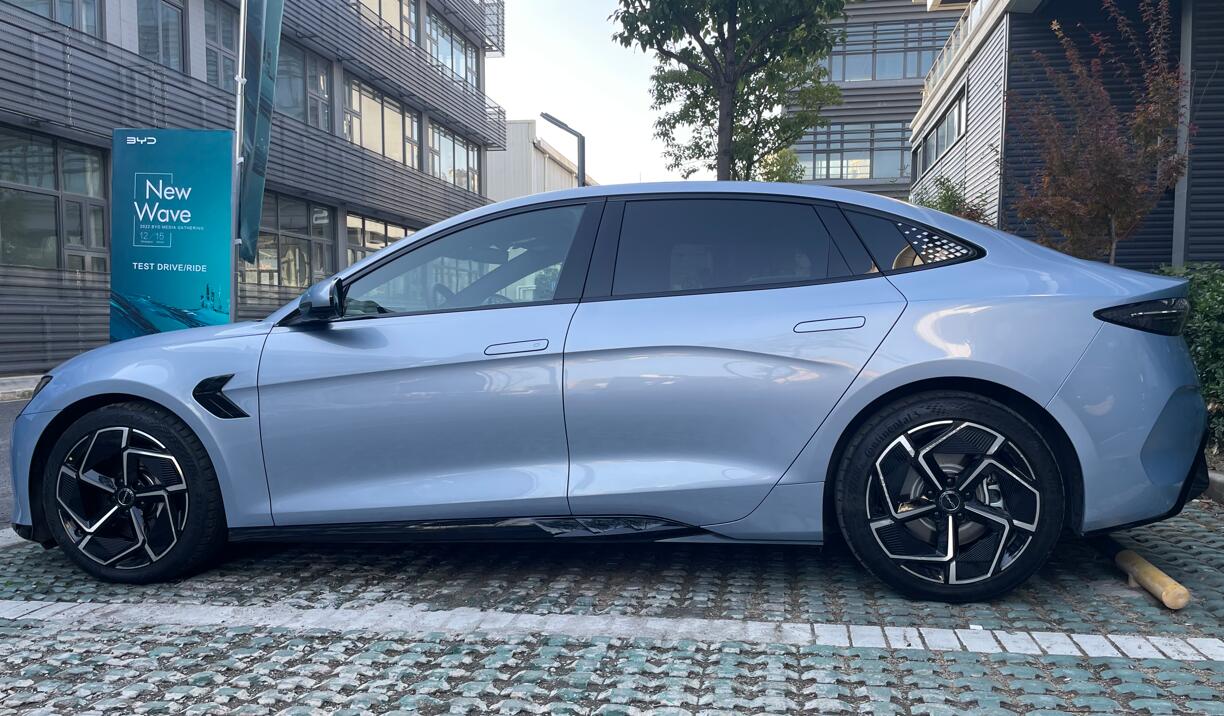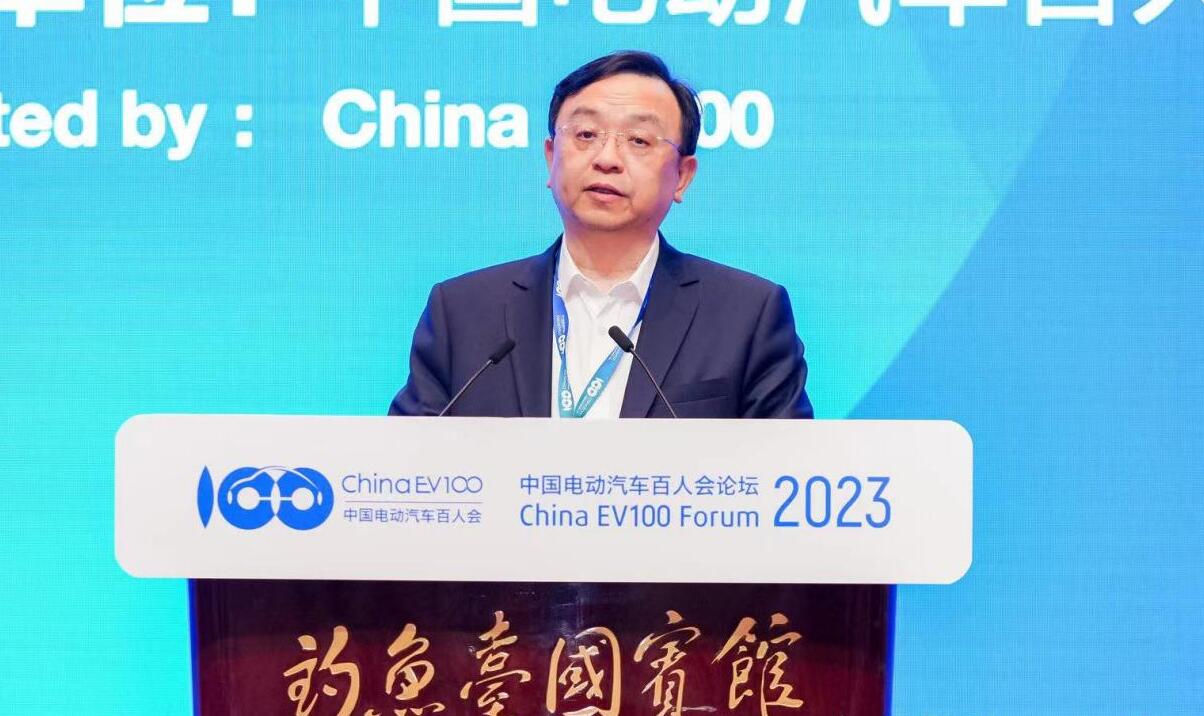The world economy is currently in a difficult period of complexity and change, and dealing with risks and challenges requires firm confidence and stable expectations, Wang said.
(Image credit: CnEVPost)
China's purchase tax exemption for new energy vehicles (NEVs) expired at the end of last year and has been extended until the end of this year. Now, calls are starting to emerge for the policy to be renewed.
Wang Chuanfu, chairman and president of BYD (OTCMKTS: BYDDY), suggested in an April 1 speech at the China EV 100 Forum that China should extend the NEV purchase tax exemption to 2025, hoping the move would be fast-tracked to stabilize expectations, according to a video replay seen by CnEVPost.
Before 2023, China's policies to support the NEV industry include purchase subsidies as well as exemptions from purchase taxes.
NEV purchase subsidies have been reduced each year over the past several years on a set schedule and were completely withdrawn when they expire at the end of 2022.
The NEV purchase tax exemption originally expired at the end of 2017, but was renewed until the end of 2020 before it expired, and in March 2020, China renewed the policy until the end of 2022. Last year, the policy was renewed again until the end of 2023.
The world economy is currently in a difficult period of complexity and change, and dealing with risks and challenges requires firm confidence and stable expectations, Wang said, adding that many overseas countries are increasing their fiscal support for NEVs.
China's purchase subsidies for NEVs were withdrawn at the end of last year, and the exemption of NEV purchase tax has been clarified to continue until the end of this year, Wang noted.
Considering the long development cycle of NEVs, from product development and design to cost management, long-term arrangements need to be made, so he hopes the NEV purchase tax exemption policy will be extended, according to Wang's speech.
In addition to Wang, Stefan Mecha, head of sales for Volkswagen China, also suggested at the China EV 100 Forum event that China should extend the purchase tax exemption for NEVs beyond 2023 and develop a relatively stable policy framework.
It is worth noting that with the rapid growth of NEV penetration, the continued extension of the purchase tax exemption for such vehicles would mean a bigger loss in government tax revenue.
For the full year 2022, retail sales of new energy passenger vehicles in China were 5.67 million units, up 90 percent year-on-year and accounting for 27.6 percent of all new passenger vehicle sales, according to data released by the China Passenger Car Association (CPCA) in January.
In February, retail sales of new energy passenger vehicles in China were 439,000 units, up 61 percent year-on-year, contributing 31.6 percent of all passenger vehicle sales.
In the future, as the ownership of conventional internal combustion engine vehicles shrinks dramatically, the shortfall in national tax revenue will need to be filled by a tax system for electric vehicles, the CPCA said in a report released on August 9, 2022.
Taxing electric vehicles at the point of purchase and use and even at the point of retirement is a definite trend, the CPCA said at the time.


